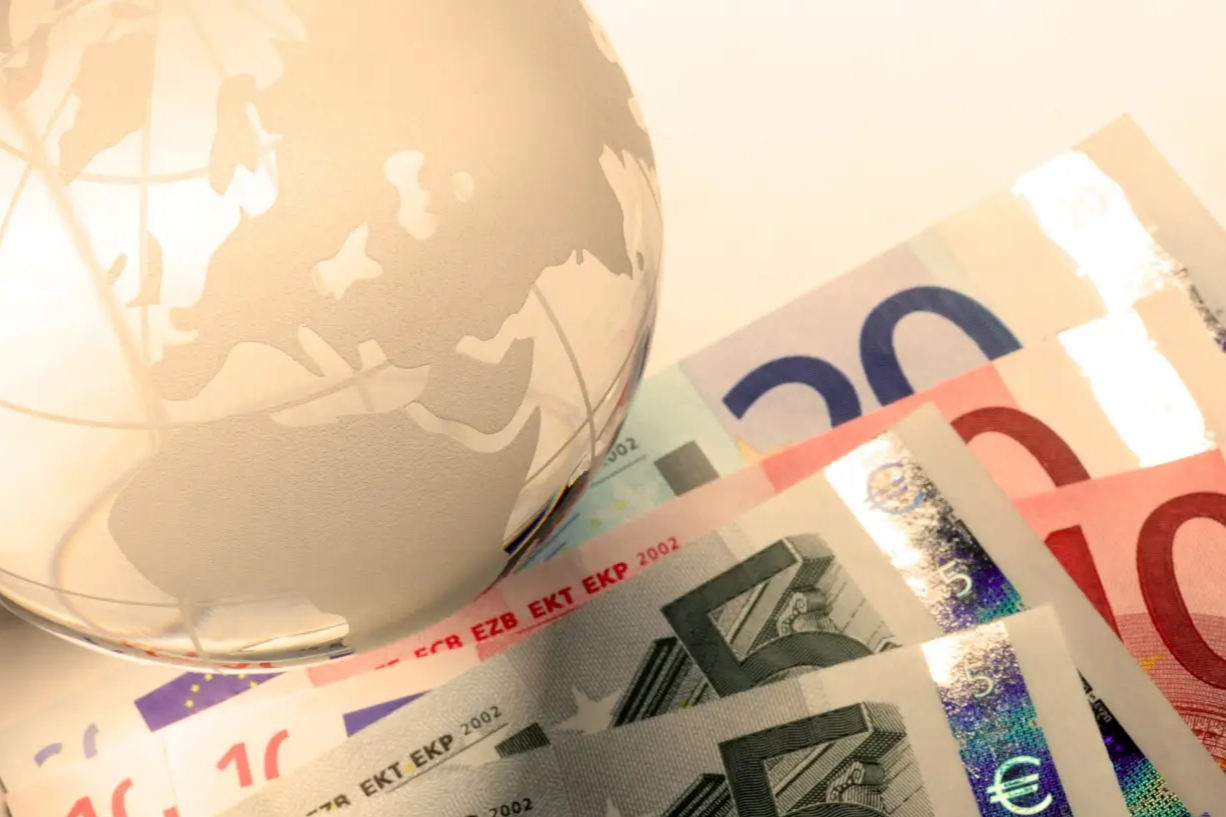In today's global economic landscape, international investors face a myriad of challenges, among which currency risk, driven by exchange rate fluctuations, is particularly prominent. This aspect of investing is often overlooked by those who focus solely on domestic markets, yet it can spell the difference between profit and loss in international ventures. As multinationals, forex investors, and global funds navigate these turbulent waters, mastering the art of managing exchange rate exposure becomes paramount.
The intricate dance of exchange rates is not merely a function of speculative market movements; rather, it encapsulates the broader themes of economic fundamentals, geopolitical climates, capital flows, and investor sentiment. For example, imagine an American investor who buys stocks in the Eurozone. If the euro depreciates against the dollar, the investor's returns, when converted back to dollars, may diminish substantially, cutting into profits despite the European stock market achieving impressive gains. Thus, it becomes clear that exchange rate movements can have direct implications on investment returns, sometimes leading to significant financial setbacks.
The roots of exchange rate volatility are multifaceted. One of the main drivers is the changing economic fundamentals of countries—key indicators such as GDP growth rates, inflation levels, and employment statistics dictate the demand and supply of national currencies. Take for instance an economy enjoying robust growth, where you may expect its currency to appreciate due to increased confidence from investors and consumers alike. Conversely, when economic indicators falter, the currency may weaken, again shifting the calculus for those with international investments.
Political factors cannot be overlooked either; government instability or sudden changes in trade policy can generate significant currency fluctuations. A clear historical example of this occurred during the Brexit referendum when the British pound suffered a dramatic fall in value following the announcement of the results. Such political events create waves of uncertainty that investors must either navigate carefully or hedge against entirely.

Global capital movements also play a crucial role in shaping currency values. When there is a substantial influx of capital into a country—perhaps due to favorable interest rates or investment sentiment—its currency tends to strengthen. Conversely, when funds flee a country due to perceived risks, the currency weakens, highlighting the volatile interplay between markets and investor perceptions.
Given the profound implications of exchange rate fluctuations, it is vital for international investors to embrace hedging strategies. Hedge, simply put, is an investment to reduce potential losses from price fluctuations. There are various instruments and strategies available to hedge against currency risk, allowing investors to safeguard their foreign investments from excessive fluctuations in exchange rates.
Among the most common hedging tools are foreign exchange (FX) futures, forward contracts, currency swaps, and options. Each tool caters to different risk appetites, investment horizons, and market conditions, allowing investors to tailor their strategies effectively. For instance, FX futures are standardized contracts that obligate the buyer to purchase a specific amount of currency at a predetermined price at a future date. This liquidity and transparency make futures an attractive option for many investors seeking to lock in current rates and mitigate potential losses.
On the other hand, forward contracts provide a customizable alternative that can be tailored to the specific needs of parties involved. They allow buyers and sellers to negotiate terms that suit their actual requirements for currency delivery, making them particularly useful for companies with unique cash flow timing. Currency swaps further enhance these strategies, enabling exchange of cash flows in different currencies, thereby optimizing interest rates relative to the corresponding currency.
Swinging the focus towards the options market, Forex options provide investors with the right, but not the obligation, to buy or sell a specific amount of currency at a predetermined rate before a set date. This flexibility allows for nuanced responses to market conditions, enabling investors to hedge effectively while also retaining the potential for upside in favorable exchange rate movements.
Adopting the right hedging strategy necessitates careful thought and assessment. Investors can choose between full hedging, partial hedging, dynamic hedging, or natural hedging. Full hedging locks in the total foreign currency exposure, effectively eliminating risks that might arise from exchange rate fluctuations—ideal for conservative investors whose priority is stability. On the other hand, partial hedging allows investors to mitigate risk while maintaining some exposure to potential benefits from currency movements.
Dynamic hedging introduces a more fluid approach, permitting investors to continually adjust their hedging strategies based on real-time market developments. This method requires constant vigilance and can be quite resource-intensive, often best suited for seasoned investors who can leverage market insights efficiently.
Natural hedging, meanwhile, offers a straightforward method where revenue in foreign currencies can be matched against expenses, thus naturally offsetting risks without needing complex financial instruments. For multinational firms with operations across various regions, this strategy can simplify risk management, although its efficacy is contingent upon the geographical distribution of earnings and expenses.
While hedging can significantly mitigate exposure to currency risk, it is important to understand that it does not come without costs and challenges. Hedging instruments like forex options can demand substantial premiums, impacting overall profitability. Moreover, over-reliance on hedging strategies could result in missed opportunities, as favorable currency swings could be locked out of one’s portfolio if improperly managed.
In conclusion, the ever-evolving nature of global financial markets makes currency volatility a reality that cannot be dismissed. For international investors, the challenge lies not only in recognizing the potential impact of exchange rate fluctuations but also in developing coherent, effective hedging strategies that safeguard investments while maximizing returns. As financial innovation continues to flourish, new tools and methods will emerge, requiring investors to stay abreast of the latest strategies to navigate the complexities of the market successfully. With a firm grasp of the principles behind currency risk management and the diligent application of hedging techniques, international investors can not only endure the vicissitudes of the forex landscape but also thrive and achieve sustained investment returns.